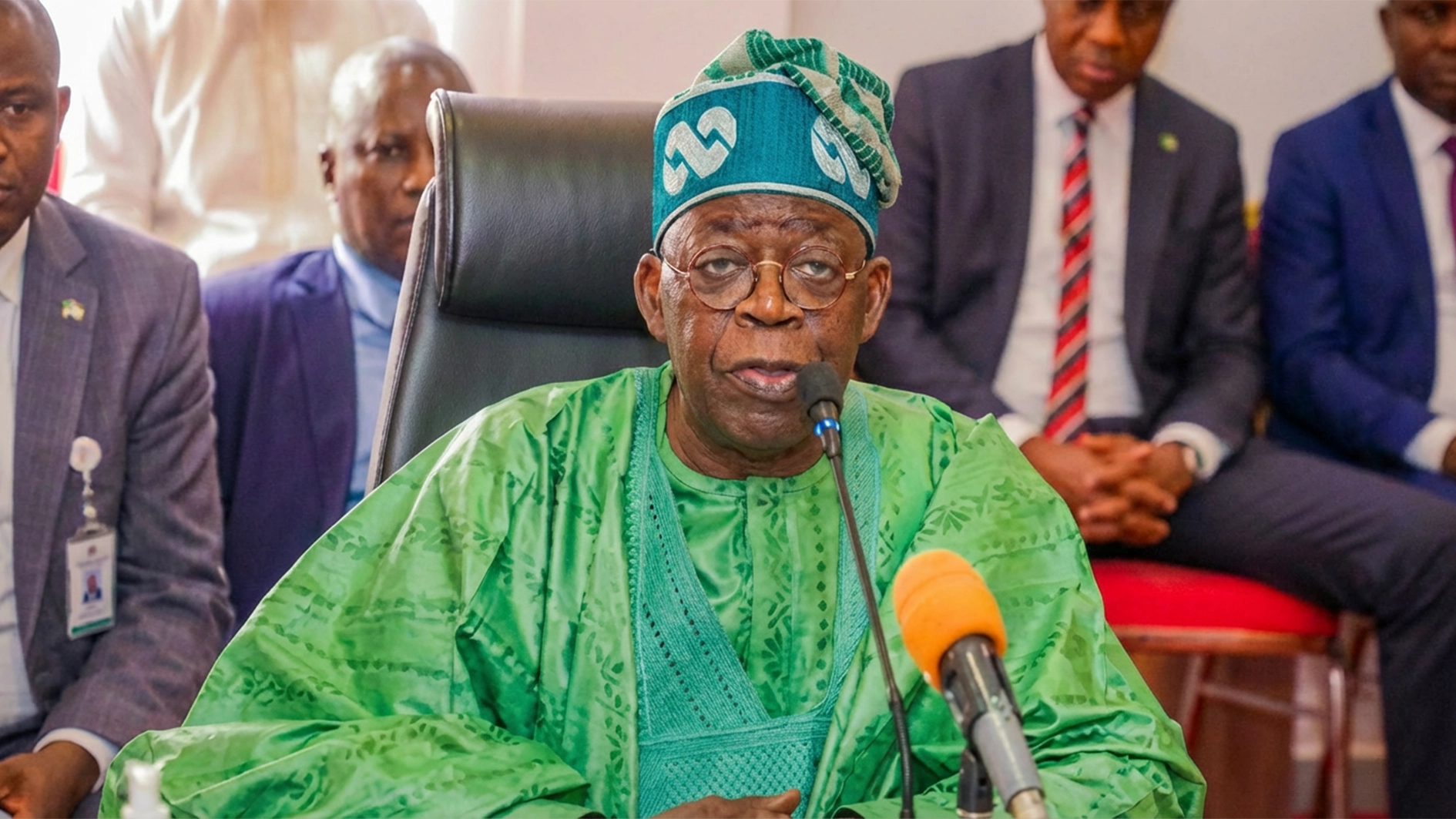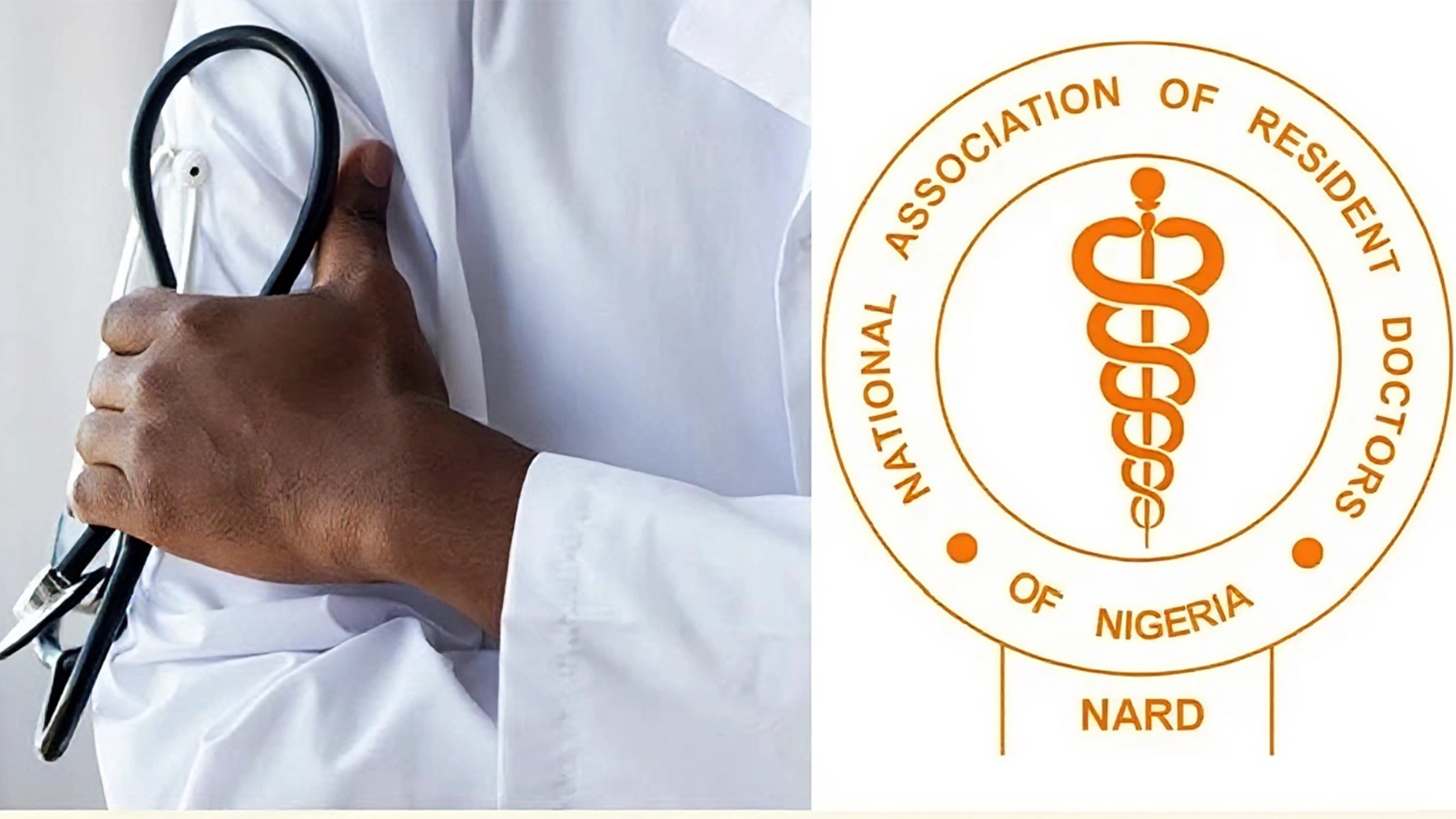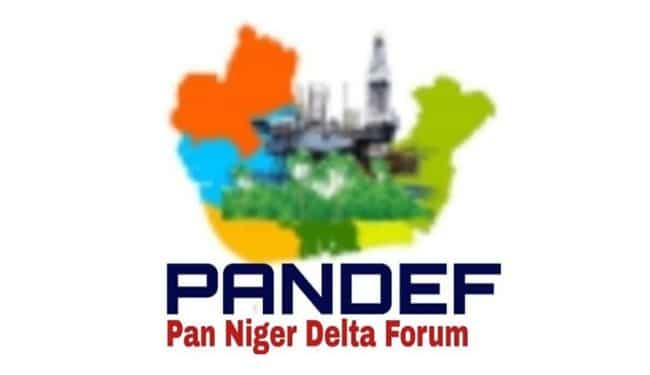Commits to sustainable waste management
The Lagos State government has restated its commitment to advancing sustainable waste management through technology, recycling and public education.
The Managing Director/CEO of the Lagos Waste Management Authority (LAWMA), Muyiwa Gbadegesin, disclosed this at the yearly Lecture and Awards of the Property & Environment Writers Association of Nigeria (PEWAN) in Lagos.
Gbadegesin, who delivered the keynote address, highlighted the economic opportunities in Lagos’ waste sector, stressing that waste separation at source could unlock billions of naira in value while creating jobs.
One of the themes of the event was “The Place of Waste Management in Relation to the Lagos State Government’s THEMES+ Agenda”, while another focused on “Air Quality Management in a Megacity like Lagos: Challenges and Policy Framework.”
He said waste management was central to the THEMES+ Agenda of Governor Babajide Sanwo-Olu’s administration.
“Waste is not a burden, it is value. Lagos generates about 13,000 tons of waste daily, of which 50 per cent is organic. This can be converted into compost, bio-methane for cooking gas, or even animal feed,” Gbadegesin said.
He explained that progress had been made on the Olusosun and Solous Transfer Loading Stations (TLS) and Material Recovery Facilities (MRF), which are designed to replace legacy dumpsites with modern recycling and resource recovery infrastructure. According to him, the Olusosun dumpsite will be decommissioned within 18 months, with plans to convert the reclaimed land into recreational use.
To improve efficiency, Gbadegesin said LAWMA was rolling out smart bins equipped with RFID technology to enable real-time monitoring of waste collection and ensure accountability by operators. He added that advanced clean-energy compactor trucks and improved billing systems would also be introduced by 2026.
Gbadegesin further stressed that the state was committed to ensuring that Lagos has drains that keep roads open, air that is free from smoke caused by dump fires, a materials economy that creates jobs, a coastline that welcomes visitors, a government that publishes what it delivers, and inclusion that protects those who already recover recyclables.
He also emphasised the need to sustain political backing for the transfer-and-recovery build-out, publish monthly performance data from the first day of operation, and treat plastics enforcement as a financing channel by tying Extended Producer Responsibility (EPR) contributions to Lagos’ TLS/MRF operations and vendor transitions.
According to him, the state is poised to institutionalise digital transparency with a Waste Management Information System (WMIS) that reconciles billing, service verification, materials tracking and enforcement into a public dashboard. He added that it would also formalise compacts with cooperatives to ensure basic safety, while opening pathways for women and youth in MRF, organics and fleet management roles.
Also speaking, the General Manager of the Lagos State Environmental Protection Agency (LASEPA), Babatunde Ajayi, reaffirmed the agency’s commitment to environmental protection, waste management and air quality monitoring.
Ajayi underscored the need to safeguard the state’s environment through effective waste management, air and water quality monitoring, and continuous public advocacy.
“One-third of Lagos is made up of water, which means effluent discharged into our waterways must be strictly monitored to protect aquatic ecosystems. LASEPA ensures that industrial discharges are curtailed and air emissions are properly managed, while also driving advocacy to educate residents on sustainable waste disposal practices,” he said.
Chairman of the occasion, former Lagos Commissioner for Physical Planning and Urban Development, Mr Toyin Ayinde, stressed that waste management must begin with information and a change in mindset.






